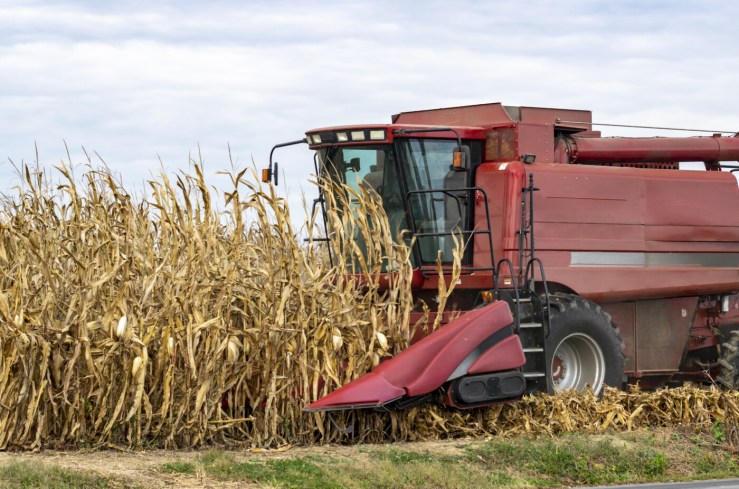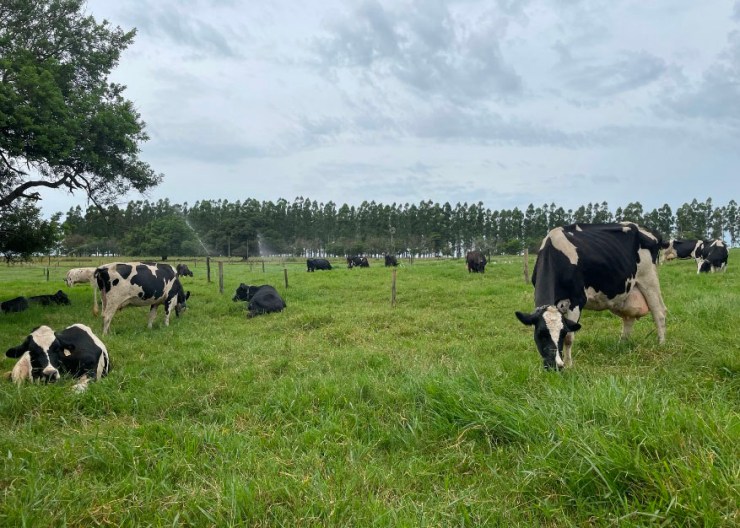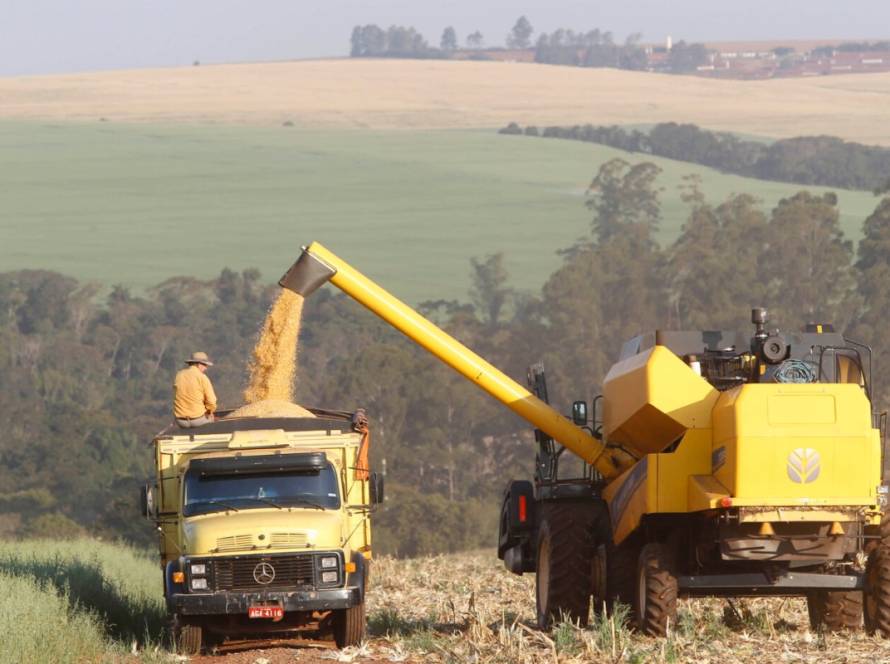Paraná's pioneering initiative to create a “State Harvest Plan” to boost agribusiness will serve as a model for the rest of Brazil. The State Finance Department (Sefa) and Fomento Paraná presented online on Tuesday (06) the bases of the Investment Fund in Agroindustrial Production Chains (Paraná FIDC) to representatives of the National Committee of Secretaries of Finance, Finance, Revenue or Taxation of the States and the Federal District (Comsefaz) so that the structure can be replicated in the rest of the country.
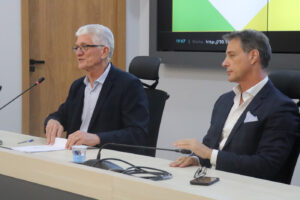
Finance Secretary Norberto Ortigara: “We want to encourage the processing and adding value to everything that comes from the farm. To do this, it is important to encourage local investment and attract investors from abroad to set up plants, establish new integrations, and strengthen new cooperatives here” – Photo: Gaby Smek/SEFA
Announced in December, the Paraná FIDC will offer an alternative to the financing conditions of the Safra Plan and other resources earmarked for rural and agro-industrial credit. The idea is to promote strategic investments to further boost agribusiness in Paraná. To this end, the state will invest R$1.5T 350 million to finance these initiatives and expects to generate R$1.5T 2 billion in business in the field.
One of the points highlighted in the presentation made to Comsefaz was precisely the difference between the Paraná initiative and what the Safra Plan already offers. While the federal program concentrates most of the resources on the cost and marketing of production, the focus of Paraná FIDC will be on offering credit for improvements and expansion of agricultural activities.
The fund should also contribute to promoting economic growth, food security, environmental preservation and strengthening rural communities, and can be used for irrigation systems, production expansion, storage, equipment and other lines.
As explained by the Secretary of Finance, Norberto Ortigara, one of the objectives of the fund is precisely to promote the industrialization and modernization of the countryside. “We want to encourage the processing and adding value to everything that comes from the fields. To do this, it is important to encourage local investments and attract investors from abroad to set up plants here, establish new integrations, and strengthen new cooperatives,” he said, adding: “Thus, credit will be offered to finance this agro-industrial expansion, the modernization of plants, and the installation of new industries that produce food in Paraná.”
Another unique feature of Paraná FIDC is that companies that invest resources in the fund will be able to count on
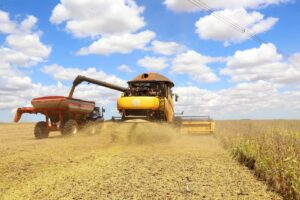
Photo: Jaelson Lucas/AEN
refund of ICMS (Tax on the Circulation of Goods and Services) credits approved via Siscred in 24 installments. With this, the expectation is to attract more companies that want to invest in the agroindustry of Paraná. “This is an important step forward and the whole of Brazil is watching this – which is good. There are many interested people wanting to know how we invented this new way of financing agroindustrial activity and we are here to export these good ideas. We want to take the Paraná way of doing things to the rest of Brazil”, highlights the secretary.
Market enthusiasm
During the presentation to the representatives of Comsefaz, the CEO of Fomento Paraná, Claudio Stabile, reinforced the enthusiasm with which the market awaits the launch of Paraná FIDC, which demonstrates how successful the initiative is already. “The market is thirsty for this type of product,” he pointed out.
According to him, all this interest in the investment fund is something that allows Paraná to prospect growth not only in agro-industrial production, but also in the economy and in the quality of life of the people of Paraná. “It is important to highlight that all the investment remains in the state. So it boosts revenue, employment, and taxes. It is an environment that strengthens agriculture, but the entire chain benefits so that the Treasury Department, for example, can inject resources into other areas,” added Stabile. “The entire state benefits from this.”


